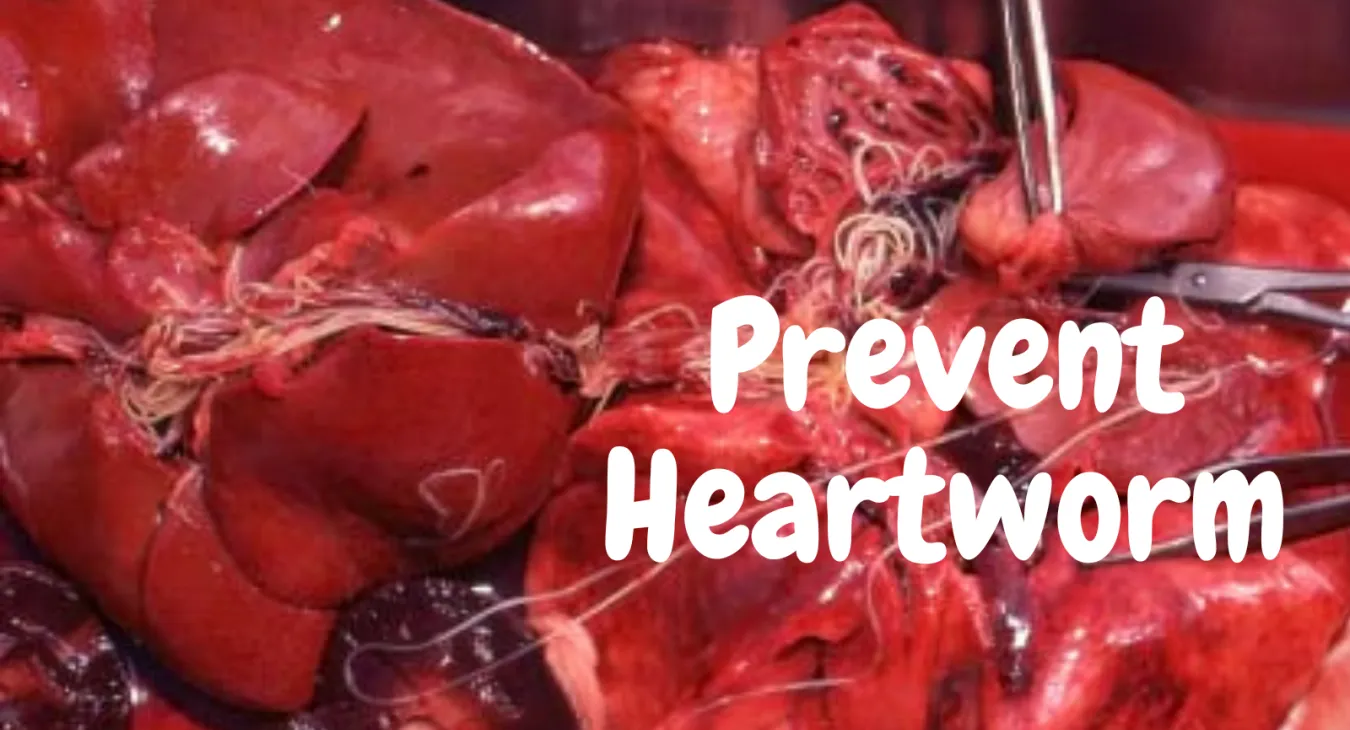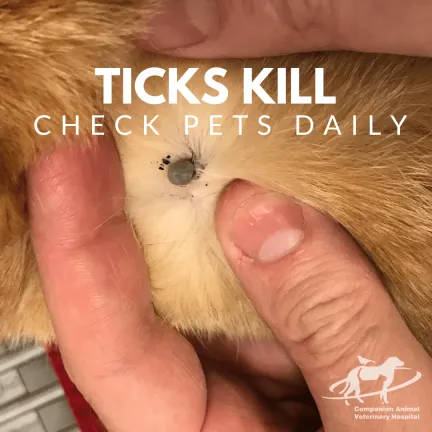What is Heartworm?
Heartworm (Dirofilaria immitis) is a potentially fatal worm that is spread by mosquitoes and affects dog and cats. When a mosquito bites the animal, heartworm larvae are injected into the skin . The larvae then develop into small immature worms that travel to the right side of the heart via the peripheral veins. The worms become mature approximately 6 months after infecting an animal and can reproduce inside the infected animal. Heartworms can grow up to 10-30cm long and live for up to 5 years. A dog can be infected with up to 250 worms!
What happens if my dog gets heartworm?
Initial signs of heartworm infection include: tiring easily, reluctance to exercise and a cough. More severe signs of heartworm disease include weight loss, rapid breathing, development of a pot belly (due to fluid in the abdomen), coughing and/or collapse after exercise or exertion and sudden death.
There are a number of ways to diagnose heartworm disease. Blood tests, chest X-rays and ECG are often used to diagnose heartworm and determine the extent of the disease.
Treatment for heartworm involves injecting arsenic-based products into the veins to kill the worms and/or surgery to remove the worms. These are both high-risk procedures and can result in serious side effects and even death.
Preventing heartworm
Because of the serious, potentially fatal disease caused by heartworm, prevention is preferable and can be as easy as a yearly injection. Proheart SR12 injections can be given from 12 weeks of age and can be timed to fit in with annual vaccinations. Puppies will require a proheart injection at 12 weeks and then 6 months and then a further injection around the time of their annual booster vaccination. From then on, yearly injections at the time of vaccination can be given.
What about cats?
Unfortunately, no annual injection is available for cats. There are now however many safe alternatives such as Bravecto Plus which can be applied every 8 weeks.
An important side note
Some types of heartworm prevention can cause problems if your dog is already infected with heartworm. Before starting any heartworm prevention in an adult dog you should talk to one of our vets as your dog may need a heartworm test first.
If you have any questions regarding heartworm or to arrange for your pet to receive heartworm prevention please contact us at Companion Animal Veterinary Hospital 4261 9838
Read more articles
- Log in to post comments



